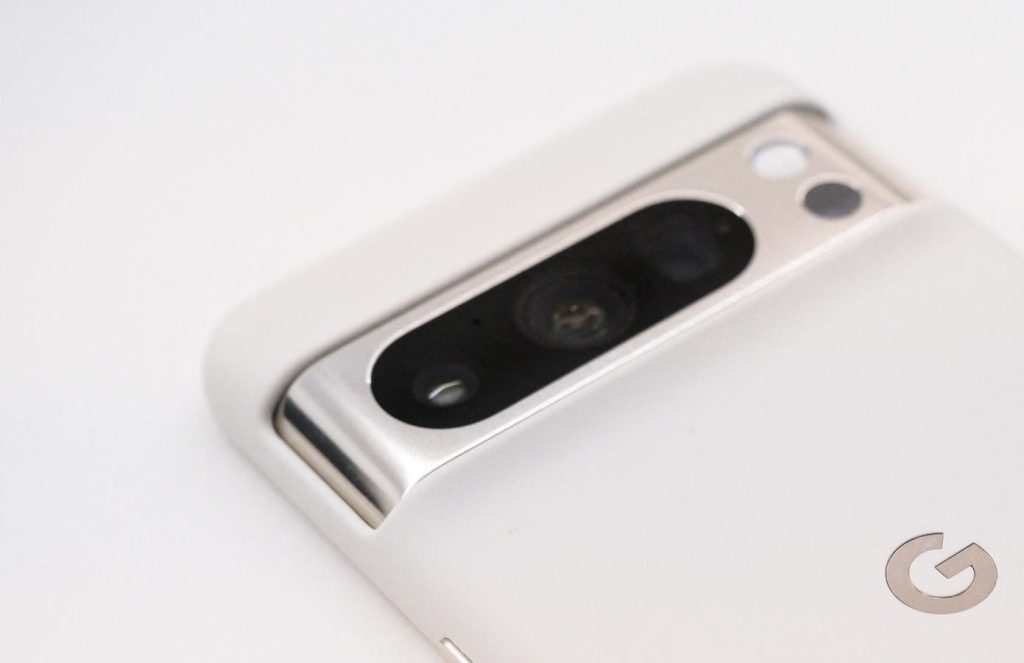Google has just revealed Android 15 Beta 1, and one update stands out from a security and privacy perspective—especially because it’s something not even recent iPhones can match. Google is taking privacy to the next level with a defense against secretive cellular tracking and intercept technologies. This is delivered by way of an interface between the cellular radio modem and Android’s OS, which requires the phone’s OEM to include a compliant modem and the necessary OS interface. While this is a weak spot on smartphones, Google is setting a new standard with this update.
Devices connect to multiple towers and sample connection strength to optimize performance. Interception tricks a device into leaving its legitimate network and connecting to a local radio network that presents a strong, available signal. Traditionally, such platforms have relied on insecure 2G comms to which all devices would fail over as their conops. But that’s a relatively easy door to shut and for a savvy adversary to spot. Android’s new cellular defense comes in two parts—first, a user warning when a network pings a device for its IMSI phone or IMEI SIM identifier, and second, restricting cellular connections to encrypted only. This update is a game-changer in the world of smartphone security and privacy.
Google has dabbled in such security features all the way back to Android 12, largely by preventing devices from failing over to low-level cellular comms with limited encryption, but these settings were not user-friendly and little understood. Now, Google is putting this type of defense front and center, making it easier for users to understand and utilize. While Apple provides 2G blocking on iPhones—defending against legacy “Stingray” intercept devices—this is only done in ultra-secure Lockdown Mode. Newer intercept platforms work on 4G, presenting a different level of challenge for counter-eavesdropping capabilities, but 5G offers better security.
Pixel users can expect to see these features when Android 15 is released, but it remains uncertain if Samsung will follow suit. The EFF has criticized Samsung in the past for not taking steps to include the 2G toggle from vanilla Android, suggesting Samsung prioritizes security and privacy as an afterthought. Android 15’s release will reveal more details, but Google’s security and privacy advances are shaping up to be a significant highlight of the update. With these improvements, Google is setting a new standard for smartphone privacy and security, providing users with greater control over their data and communications.













